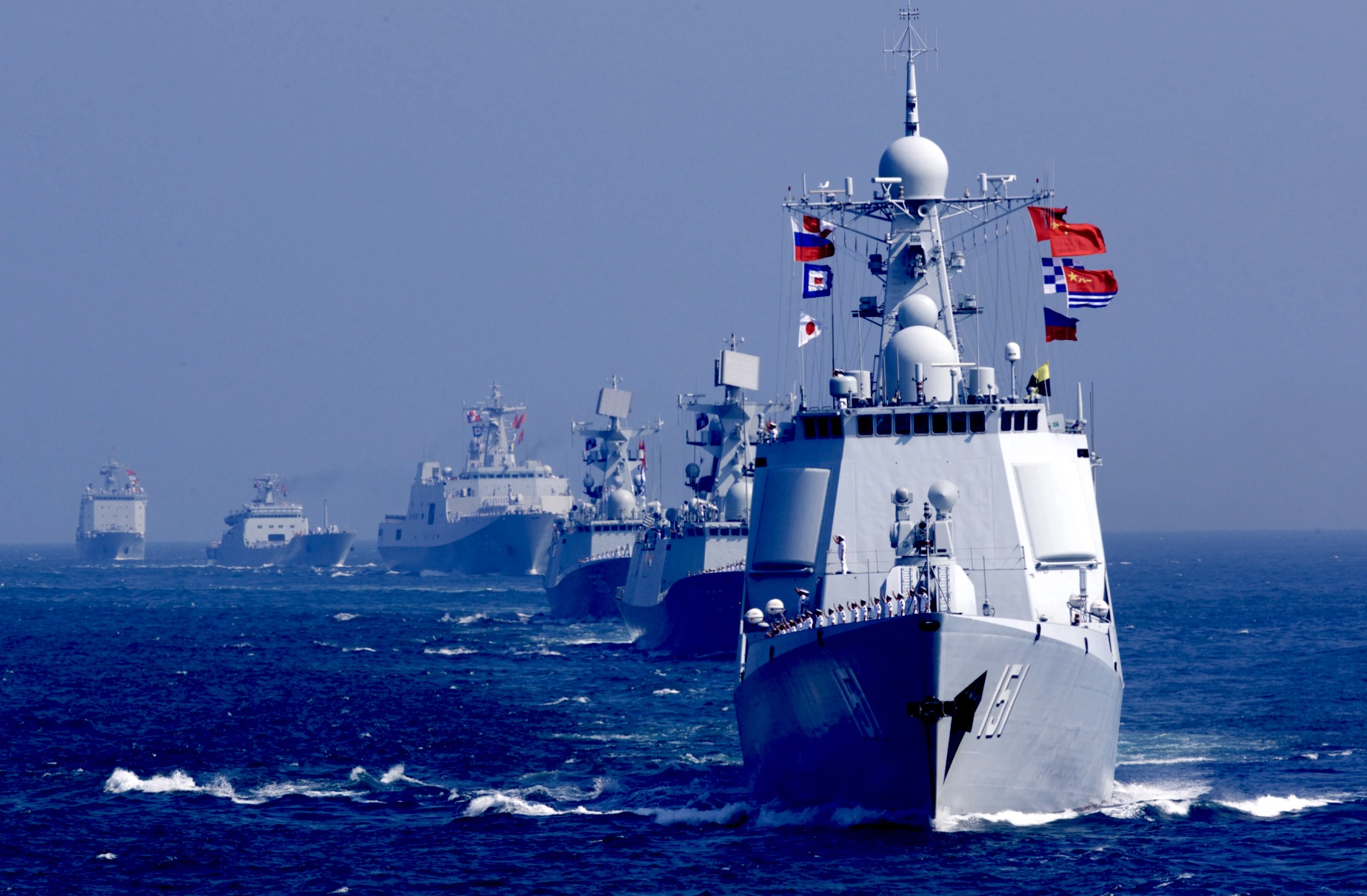China, Russia, and Iran have conducted joint military exercises in the Gulf of Oman, raising concern in the West about China’s growing influence in the Middle East. The five-day drill, which ended on Sunday, focused on enhancing each other’s military capabilities to conduct joint maneuvers and perform daytime and nighttime artillery firing. The navies also trained to assist captured ships and vessels in distress. The joint exercises came just after China brokered a surprise reconciliation agreement between Iran and Saudi Arabia, setting the stage for renewed diplomatic ties between the two rivals and boosting Beijing’s clout in the region. The US has expressed support for the Saudi Arabia-Iran rapprochement but downplayed China’s role in the talks.
Joint Military Exercises in Gulf of Oman
On March 9, 2023, China, Russia, and Iran started joint military exercises in the Gulf of Oman, aimed at boosting their military cooperation and preparedness. The exercises included joint maneuvers and training in daytime and nighttime artillery firing, and rescuing captured ships and vessels in distress. According to the Russian military, the exercises aimed to develop a joint response to maritime security threats in the region.
The joint naval drills in the Gulf of Oman reflect the growing strategic partnership between China, Russia, and Iran, which challenges the US-led security architecture in the Middle East. The drill also demonstrates China’s rising military ambitions in the region, where it has become the largest buyer of oil. The exercise includes China’s guided missile destroyer, the Nanning, which will participate in the drills along with the Iranian and Russian naval vessels.
The drill is aimed at improving joint operations capabilities between the three countries, including maritime interdiction operations and anti-piracy measures. It will also enhance China’s naval power projection in the Indian Ocean, which has been a primary focus of China’s military strategy.
China’s Expanding Influence in the Middle East
China has been expanding its influence in the Middle East, which is evident from its increasing investments in the region’s energy, infrastructure, and defense sectors. Its strategic partnership with Iran and its involvement in the Gulf of Oman drill mark a significant shift in China’s foreign policy towards the Middle East. With the US’s declining role in the region, China is emerging as a major player that can shape the geopolitical landscape of the Middle East.
China’s involvement in the Iran-Saudi Arabia reconciliation agreement highlights Beijing’s clout in the region. The US has tried to downplay China’s role in the talks, but the fact that the final meeting to conclude the agreement took place in Beijing underscores China’s diplomatic influence in the region.
China has also been investing heavily in the Belt and Road Initiative, a massive infrastructure development plan that seeks to link China to Europe, Africa, and the Middle East through a network of roads, railways, ports, and other infrastructure projects. The initiative is a significant part of China’s foreign policy, and its success in the Middle East could shape the region’s economic and geopolitical future.
US’s Declining Role in the Middle East
The joint naval drills in the Gulf of Oman come as the US wraps up its own massive military exercise in the region with more than 50 partner nations, spanning from the Arabian Gulf to the Red Sea and the Indian Ocean. However, the US’s declining role in the region has created a power vacuum that China and other countries are eager to fill.
The US’s hegemony in the Middle East has been an undeniably disastrous project both for Americans and especially the people of the region. By engaging in direct violence, as well as enabling its aggressive client states, the US helped turn the Middle East into a nightmare of instability. The US’s failure to broker peace between Iran and Saudi Arabia further underscores its declining role in the region.
China and Russia’s participation in the drills also underlines how the Middle East is frustrating the US’s goal of isolating Moscow over its Ukraine invasion. The US’s sanctions on Russia have not deterred Moscow from expanding its influence in the region, where it is backing the Syrian regime and other anti-US forces.

